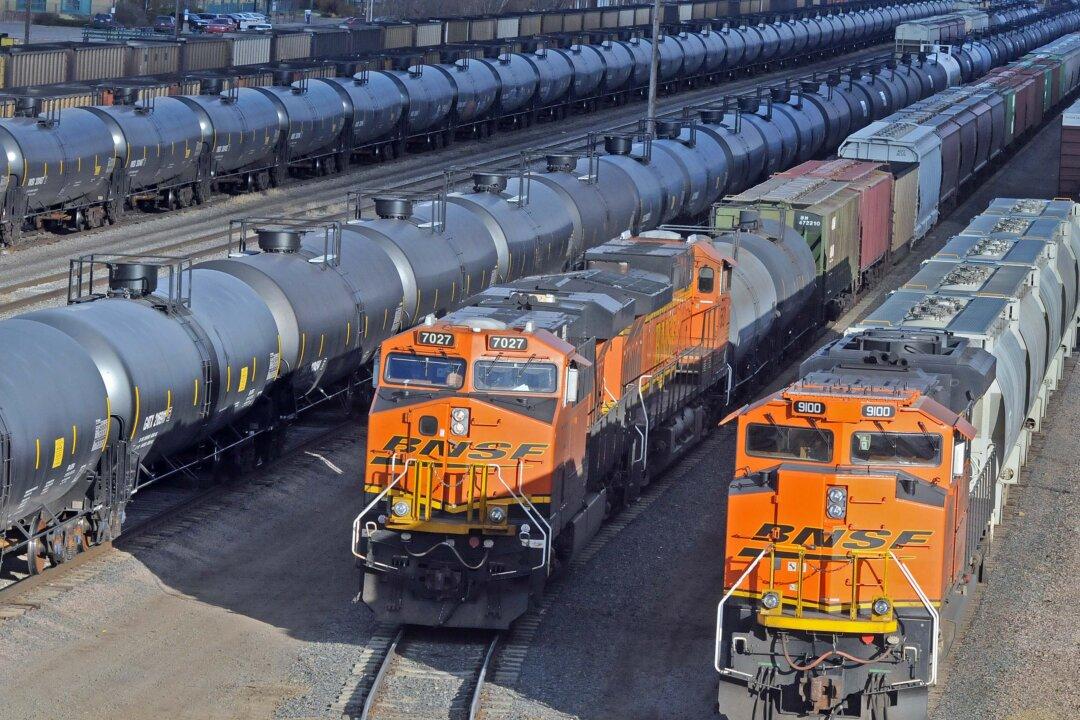A Harvard professor warned that a looming railroad strike could cause significant disruption to U.S. supply chains that most Americans would notice.
“I cannot imagine a larger and more rapid hit to supply chains than a rail strike,” said Jason Furman, a Harvard economics professor and a top adviser who served in former President Barack Obama’s White House, according to a recent interview with Politico.





